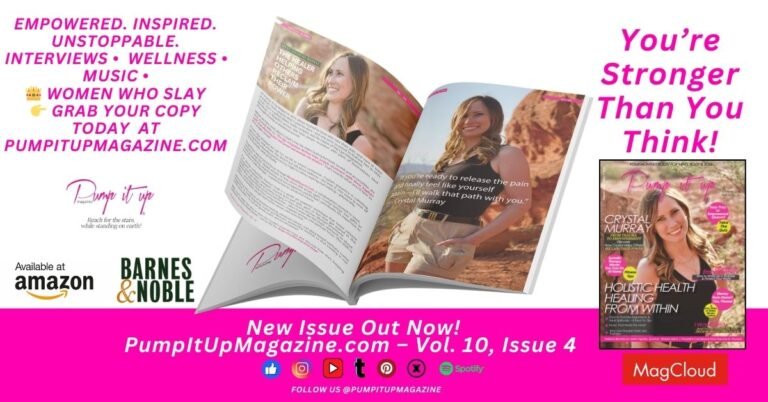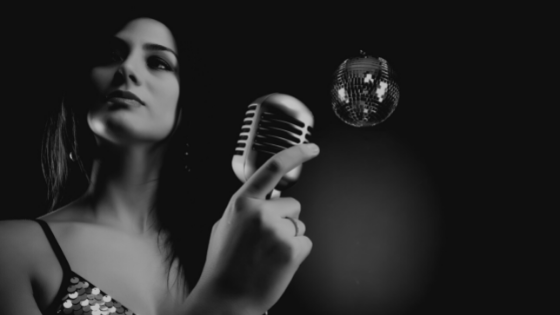
As you read the list, remember that a song has two copyrights: the musical composition, which includes the notes and lyrics, and the sound recording, which is the performance of a musical composition. So if you hear Patsy Cline singing “Crazy” which was written by Willie Nelson, Willie created the musical composition when he wrote down the notes and lyrics. Patsy created the sound recording when she performed Willie’s song, and it was captured on tape. As you browse the list, it’s important to keep these distinctions in mind since there are many times when different parts of the creative team are paid differently. Don’t worry if it feels like too much to keep in your head at once — we get confused, too! Just take a deep breath and dive back in.
SONGWRITER AND COMPOSER REVENUE
1. Publisher Advance: Bulk payment to songwriter/composer as part of a publishing deal. Paid to songwriter/composer by publishing company.
2. Mechanical Royalties: Royalties generated through the licensed reproduction of recordings of your songs — either physical or digital. Paid to songwriter/composer by publisher, label, or digital aggregator like CD Baby or Tunecore.
3. Commissions: Typically a request from an ensemble, presenter, orchestra or other entity for a composer to create an original work for them.
4. Public Performance (PRO) Royalties: Revenue generated when your songs are played on radio, TV, in clubs and restaurants. Paid to songwriter/composer/publisher by ASCAP/BMI/SESAC.
5. Composing Original Works for Broadcast: Typically a commercial request to compose an original jingle, soundtrack, score, or other musical work for a film, TV or cable show, or an ad agency. Paid to songwriter/composer by agency requesting the work.
6. Synch Licenses: Typically involves licensing an existing work for use in a movie, documentary, TV, video games, internet, or a commercial. Paid to songwriters/composers either via publisher or record label, or via a direct licensing deal with the licensee (movie studio, ad agency, etc) if you are self-published.
7. Sheet Music Sales: Revenue generated by the sale of songs/compositions as sheet music. Paid to songwriter/composer by publisher, or directly from purchasers if you are selling it on your website or at performances.
8. Ringtones Revenue: Generated from licensing your songs/compositions for use as ringtones. Paid to songwriter/composer via your publisher or label.
9. ASCAPLUS Awards Program: Awarded by ASCAP to writer members of any genre whose performances are primarily in venues outside of broadcast media.
10. Publisher Settlement: Payment from publishers to writers for litigation settlements.
11. Salary as Member of Orchestra or Ensemble: Income earned as a salaried member of an orchestra or ensemble.
12. Shows/Performance Fees: Revenue generated from playing in a live setting (for non-salaried players).
13. Record Label Advance: Paid to artist as part of signing a deal.
14. Record Label Support: Money from label for recording or tour support.
15. Retail Sales: Revenue generated from selling physical music in retail stores, via mailorder, or online. Paid to artist/performer by your label, or services like CD Baby or Bandcamp that help musicians sell physical product.
16. Digital Sales: Revenue generated from selling music digitally/online. Paid to artist/performer by your label, or digital aggregators like CD Baby or Tunecore, or directly from fans via services like Bandcamp.
17. Sales at Shows: Revenue generated from selling recordings of music at shows/live performances. Paid to artist/performer directly by fans.
18. Interactive Service Payments: Revenue generated when your music is streamed on on-demand services (Rhapsody, Spotify, Rdio). Paid to performer by your label, or digital aggregator like CD Baby or Tunecore.
19. Digital Performance Royalties: Revenue generated when your sound recordings are played on internet radio, Sirius XM, Pandora. Paid to performers by SoundExchange.
20. AARC Royalties: Collected for digital recording of your songs, foreign private copying levies, and foreign record rental royalties, distributed to US artists by AARC.
21. Neighboring Rights Royalties: Collected for the foreign performance of your recordings.
22. AFM/Secondary Markets Fund: Paid to performers on recordings used in film, TV and other secondary uses by the Film Musicians’ Secondary Markets Fund.
23. AFM/Sound Recording Special Payments: Paid to performers for the sales of recorded music by the Sound Recording Special Payments Fund.
24. AFTRA Contingent Scale: Payments paid to performers when a recording hits certain sales plateaus.
25. Label Settlements: Payments from labels to recording artists for litigation settlements (MP3.com, Limewire).
26. Session Musician/Sideman Fees for Studio Work: Revenue paid to you for playing in a studio. Paid by label, producer or artist, depending on situation.
27. Session Musician/Sideman Fees for Live Work: Revenue paid to you for playing in a live setting. Paid by label, producer or artist, depending on situation.
28. AFM/AFTRA Payments: Payments from the AFM/AFTRA Intellectual Property Rights Distribution Fund, which distributes recording and performance royalties to non-featured artists.
29. Music Teacher: Revenue generated from teaching your musical craft.
30. Producer: Money from producing another artists’ work in the studio or in a live setting.
31. Honoraria or Speakers Fees
32. Merchandise Sales: Revenue generated from selling branded merchandise (t-shirts, hoodies, posters, etc.). Paid to artist/performer by fans.
33. Fan Club: Money directly from fans who are subscribing to your fan club.
34. YouTube Partner Program: Shared advertising revenue, paid to partners by YouTube.
35. Ad Revenue: Or other miscellaneous income from your website properties (click-thrus, commissions on Amazon sales, etc.)
36. Persona Licensing: Payments from a brand that is licensing your name or likeness (video games, comic books, etc).
37. Product Endorsements: Payments or free goods from a brand for you endorsing or using their product.
38. Acting: In television, movies, commercials.
39. Fan Funding: Money directly from fans to support an upcoming recording project or tour (Kickstarter, Pledge Music, IndieGogo).
40. Sponsorship: Corporate support for a tour, or for your band/ensemble.
41. Grants: From foundations, state or federal agencies.
42. Arts Administrator: Money paid to you specifically for managing the administrative aspects of a group that you are a member of.













